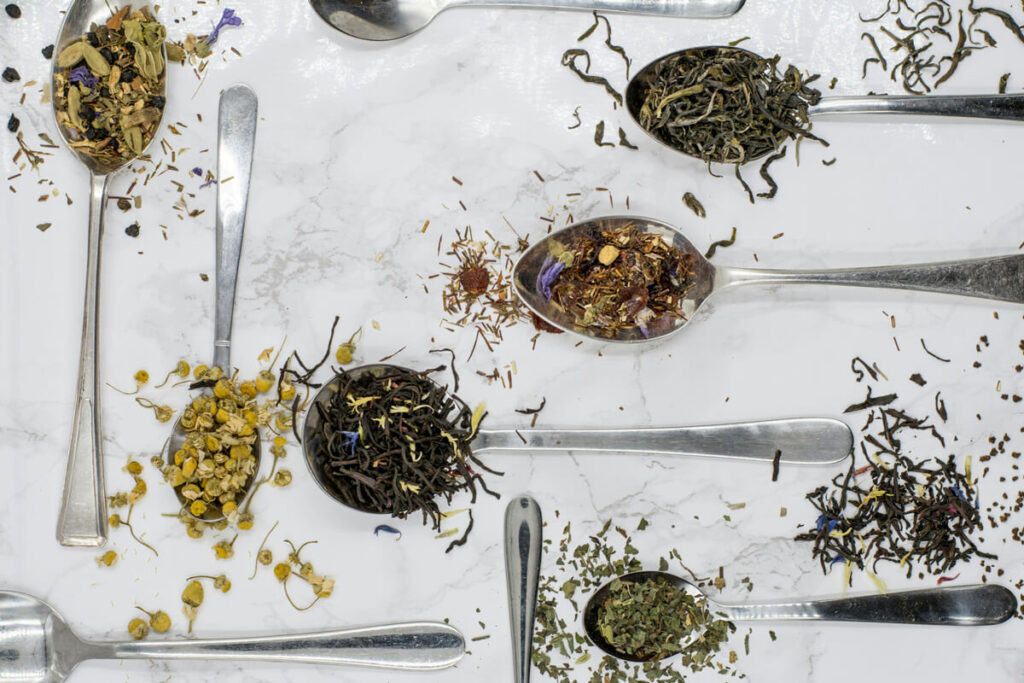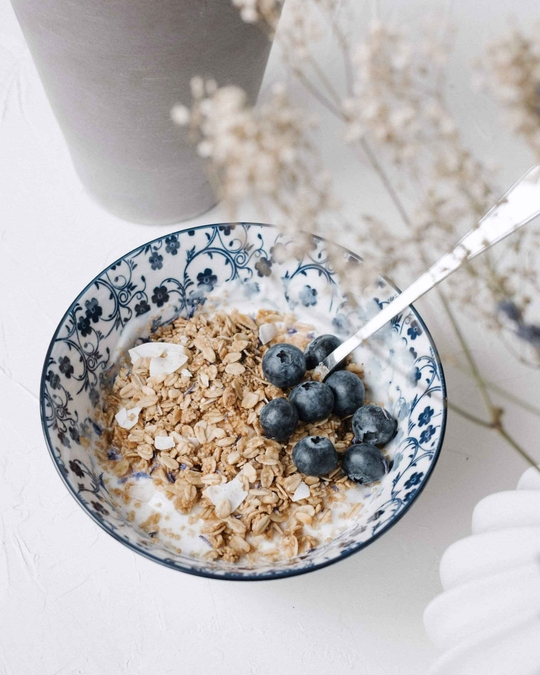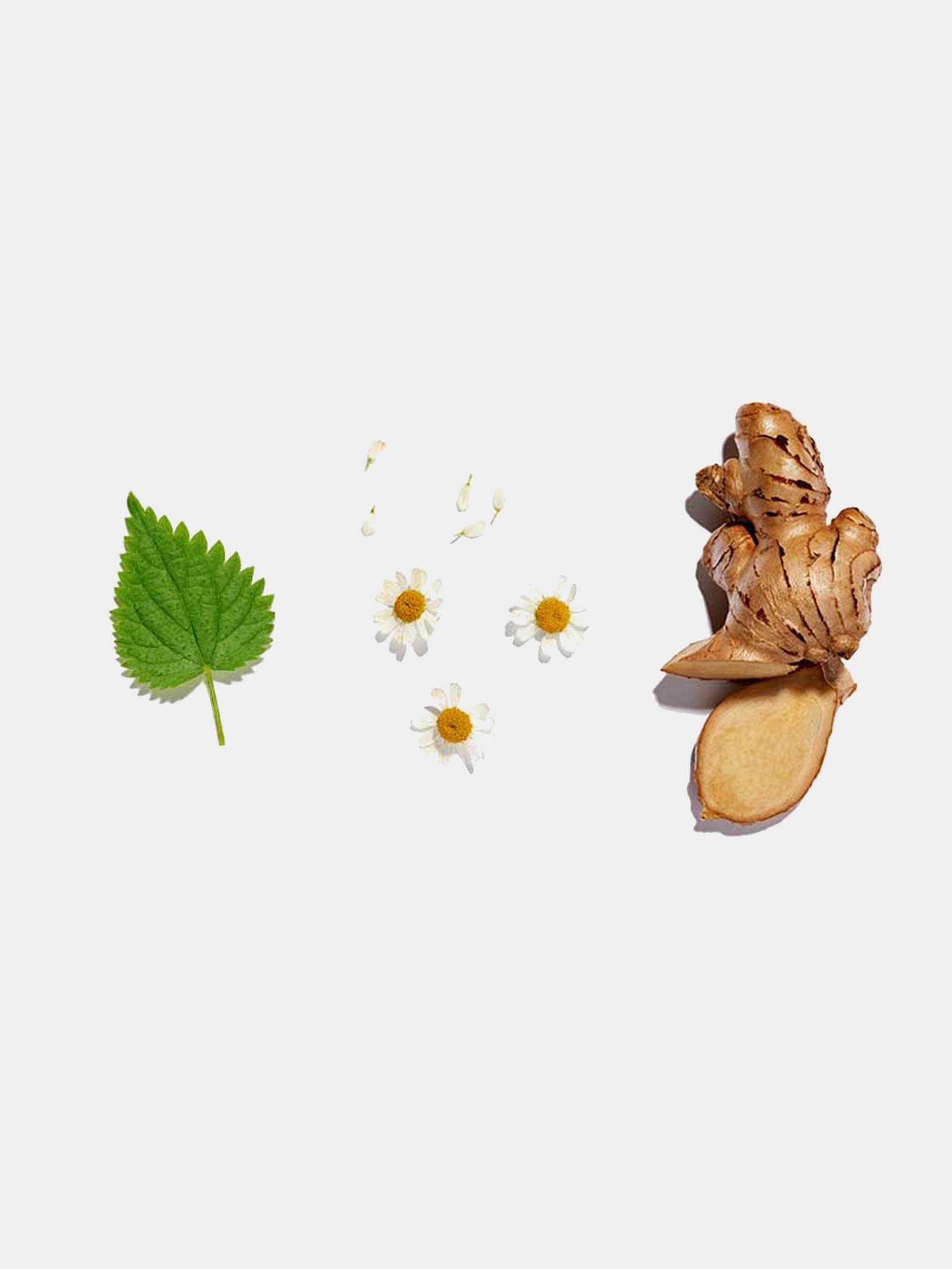During pregnancy, a healthy lifestyle is key for both mum and baby. Organic choices can minimise exposure to potentially harmful chemicals and pesticides. Amongst these choices, organic tea offers a natural and delicious way to support your well-being throughout your pregnancy journey.
What Is Organic Tea
But first, what exactly is organic tea? Organic tea is cultivated, processed, and packaged without synthetic ingredients like GMOs, pesticides, or fertilisers. This focus on natural methods prioritises soil health and biodiversity. Certified organic producers adhere to strict regulations that ensure the absence of synthetic chemicals and require detailed record-keeping throughout the production process.

How Organic Tea Is Made
Organic tea leaves are often hand-picked for careful selection and minimal damage. This meticulous process allows farmers to choose only the highest quality leaves for processing. After harvesting, the leaves undergo withering, a process that reduces moisture content and initiates natural oxidation. Depending on the tea type, the oxidation process may be stopped at various points to achieve the desired flavour profile.
Next comes rolling and shaping, which helps release the leaves’ natural oils and compounds. Finally, the processed leaves are dried and packaged using biodegradable materials like paper, cardboard, or tin containers to maintain freshness and prevent contamination.
Many find that organic tea boasts a richer and more nuanced flavour compared to conventionally produced tea. Organic tea, especially green tea, is rich in antioxidants called polyphenols. These antioxidants neutralise free radicals in the body, reducing oxidative stress and potentially lowering the risk of chronic diseases.
Benefits Of Organic Tea
Safety Note: Always consult your doctor before consuming any herbal tea during pregnancy, especially in the first trimester.
During pregnancy, it is crucial to avoid potentially harmful synthetic pesticides and chemicals. So some helpful organic herbs like Ginger can help alleviate nausea during the first trimester. Raspberry Leaf Tea in the third trimester supports uterine health, preparing your body for labour. For lactating mothers, Breastfeeding Tea offers benefits such as improved milk production and quality. Herbs such as fenugreek and fennel (which is found in many organic lactation teas) are traditionally used to enhance milk supply, supporting overall breastfeeding health.
Organic Tea VS. Non-Organic Tea
Organic and non-organic teas primarily differ in their cultivation and processing methods and their potential impact on health and the environment.
While organic tea is grown using natural methods (without the use of synthetic pesticides), non-organic tea may be produced using conventional farming practices involving chemicals for pest control and enhanced growth.
You can also trust that organic tea is free from pesticide residues and other chemical contaminants. Meanwhile, these contaminants might be present in non-organic tea due to the use of chemicals during cultivation. By choosing organic tea, it can reduce exposure to potentially harmful substances. You are supporting a cleaner, more sustainable food system.
Overall, non-organic tea is not the best choice for your health. Though they contain beneficial compounds (like antioxidants), organic tea offers additional health benefits. It is also perceived as healthier due to its cleaner cultivation methods.

Types of Organic Teas
First on the list, you have the most well-known/popular organic tea – Green Tea.
Green tea is produced from the leaves of the Camellia sinensis plant. Green tea is cultivated in regions with moderate temperatures and high humidity (such as China, Japan, and certain parts of India). The altitude can be a grand influence on the quality and flavour of green tea. It can improve cardiovascular health by lowering LDL cholesterol levels, reducing blood pressure, and improving blood vessel function.
Next, there is Black Tea. Black tea is known for its bold flavour and robust character. It is similar to green tea, derived from the Camellia sinensis plant. However, specific cultivars and varieties are chosen for their suitability for black tea production. This results in a diverse range of flavours and characteristics.
While black tea generally contains fewer antioxidants than green tea due to its oxidation process, it still provides beneficial compounds like flavonoids and polyphenols, contributing to overall health and well-being. Some studies also suggest that regular black tea consumption may help improve cardiovascular health by lowering LDL cholesterol levels.
The world of organic teas offers diverse options, being able to suit every palate and preference. From delicate green teas to bold and robust black teas. Additionally, organic tea varieties extend beyond the classics, with many more flavours for your choosing (for example, herbal tea, white tea, etc.).
By choosing organic tea, you’re not just prioritizing your own well-being, you’re also supporting sustainable farming practices that benefit the environment. Organic farming practices promote soil health and biodiversity, fostering a healthier planet for future generations.
So, embrace the soothing warmth of a cup of organic tea as you navigate the beautiful journey of pregnancy. With a variety of flavors and benefits to explore, organic tea can be your delightful companion throughout every trimester.
LIKE WHAT YOU READ?
Join CakeMama Club & get 10% OFF your first order!
Plus you’ll get tips + tricks for pregnancy, postpartum & breastfeeding, get member-only offers, earn CakeCoins every time you shop + more. Learn more




















































































































